What are some key early warning signs of testicular cancer that men should be aware of?

Testicular cancer is a relatively rare form of cancer, but it is the most common cancer in men aged 15 to 35. Fortunately, when caught early, it has a very high cure rate, often exceeding 95%. Understanding the early warning signs is paramount for prompt diagnosis and effective treatment. Regular self-examination and awareness of changes in your body are your best defense.
A Lump or Swelling in the Testicle
This is often the most common initial sign. The lump may be pea-sized or larger, and it can be painless. It might feel like a firm mass within the testicle itself, rather than on the surface of the scrotum. Any new or unusual lump should be checked immediately by a doctor.
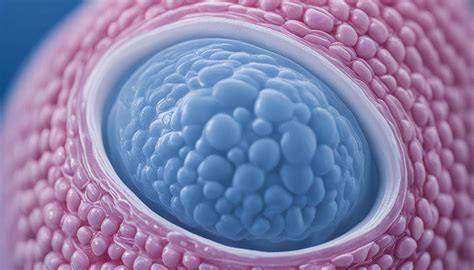
Change in the Size or Shape of a Testicle
One testicle may become noticeably larger or smaller than the other, or its shape might alter. This change can be subtle and gradual, making regular self-examination important for noticing discrepancies. Comparing the size and shape of both testicles can help identify any abnormalities.
A Feeling of Heaviness in the Scrotum
Many men describe a sensation of ‘heaviness’ or ‘fullness’ in the scrotum, even without a distinct lump. This feeling can be vague but persistent and should not be ignored. It may indicate a growing mass within the testicle.
Dull Ache in the Groin or Lower Abdomen
While not always present, a persistent dull ache in the lower abdomen or groin area can be a symptom. This discomfort might be intermittent or constant and is often attributed to other causes, potentially delaying diagnosis. Pay attention to any unexplained, ongoing aches.
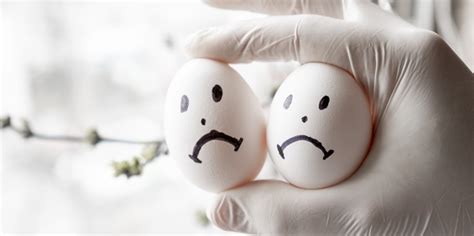
Sudden Collection of Fluid in the Scrotum (Hydrocele)
Though more commonly benign, a new or rapidly appearing collection of fluid around the testicle (known as a hydrocele) can sometimes be associated with testicular cancer. Any unexplained fluid buildup warrants medical evaluation to rule out underlying issues.
Pain or Discomfort in the Testicle or Scrotum
While many testicular cancers are painless in their early stages, some men do experience pain or tenderness in a testicle or the scrotum. This pain can range from mild discomfort to sharp, acute pain and might be a sign of growth or inflammation within the testicle.
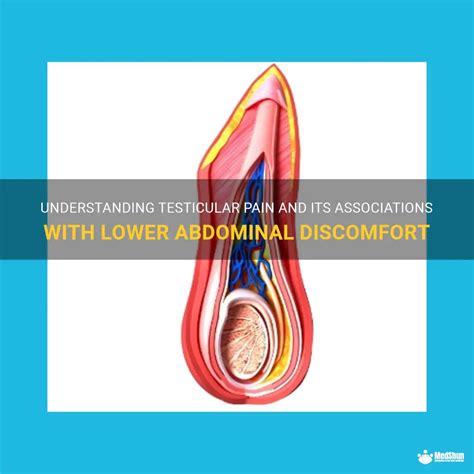
Breast Tenderness or Enlargement
In rare cases, certain types of testicular tumors can produce hormones (like hCG or estrogen) that lead to breast tenderness or the growth of breast tissue (gynecomastia). This is a less common but significant warning sign that should prompt immediate medical attention.
Back Pain or Abdominal Pain (Later Stage Symptom)
Though typically a sign of more advanced disease where the cancer has spread beyond the testicle, persistent back pain or abdominal pain can sometimes be the first noticeable symptom if the cancer has metastasized to lymph nodes in the abdomen. Any new, unexplained persistent back or abdominal pain should be investigated.
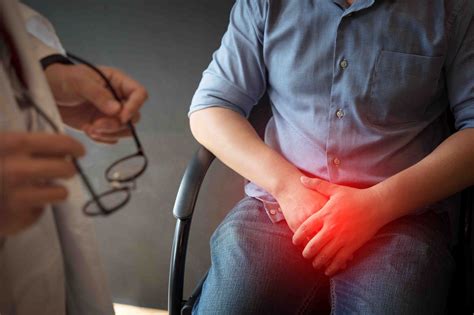
Importance of Self-Examination
Regular testicular self-examinations (TSEs) are crucial for early detection. Men should perform a TSE once a month, ideally after a warm shower when the scrotal skin is relaxed. Familiarizing yourself with the normal feel of your testicles makes it easier to spot any changes, such as lumps, size alterations, or changes in texture.
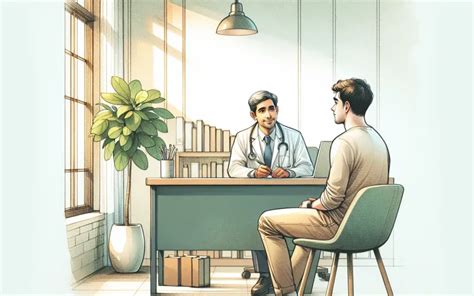
When to See a Doctor
Any new lump, swelling, pain, discomfort, or change in the size or feel of a testicle should be promptly evaluated by a doctor. Don’t wait for pain to develop, as many testicular cancers are painless in their early stages. Early consultation can make a significant difference in treatment outcomes and often leads to a full recovery.
Conclusion
Testicular cancer is highly treatable, especially when identified early. By being aware of these key warning signs and performing monthly self-examinations, men can play an active role in their health and significantly improve their chances of a full recovery. If you notice any of these symptoms, do not hesitate to seek medical advice; your proactive approach could save your life.









